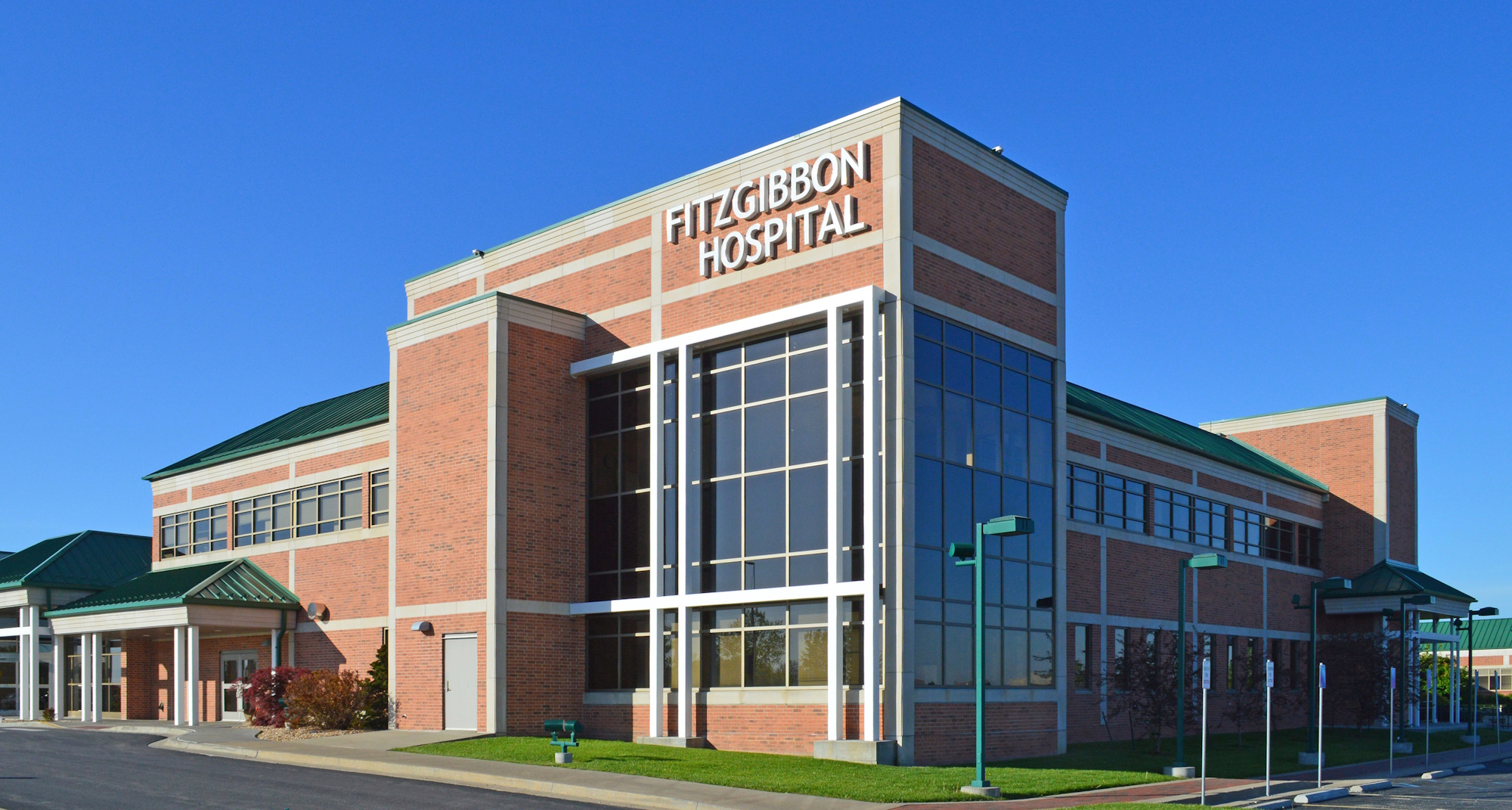National Hospital Week gives Healthcare Workers a Chance to Shine
May 11, 2021

Hospitals around the nation will observe National Hospital Week from May 9-15. The last year has been challenging for hospital organizations and healthcare workers as they navigated the Covid-19 pandemic. Stressors included the many “unknowns” about a deadly virus and also financial stress around hospital operations, as some in the community have chosen to bypass routine care. Still, healthcare workers in all facets of Fitzgibbon Hospital have worked to stay positive and done their best to care for each patient as if they were the most important. Through Covid-19 testing that caused lines of cars in the hospital parking lot, to hosting large-scale vaccine events as a high-throughput hospital covering Saline, Howard and Chariton Counties, the tasks have been great, but the attitude of these heroes has been greater.
More than 13,000 vaccines were delivered at Fitzgibbon Hospital-staffed events over the last few months. And more than 20,000 Covid-19 tests were administered, with both activities continuing through Fitzgibbon-affiliated clinics in Fayette, Slater, Brunswick and Marshall. But this considerable activity around the pandemic is only part of what these workers provide to our community.
While much of the nation was and is focused on Covid-19, cancer did not take a break. Hundreds of individuals still were diagnosed and received treatment in the Fitzgibbon Community Cancer Center, as more than 3,650 visits were recorded. Individuals were able to complete their treatments knowing that they received the best care with a personal touch, delivered by people who truly cared for them.
More than 10,000 visits were logged for a myriad of acute illnesses and injuries other than Covid-19 in the 24-hour per day, 7-day per week Emergency Department. Individuals received excellent care while Covid-19 precautions were taken for all patients. The stress level of the staff was at its peak in 2020, as 156 patients were admitted to the hospital for care of Covid-19. At the same time individuals came by ambulance for injuries sustained in automobile accidents, falls and other injuries and illnesses. Still, these professionals worked their hardest to make sure everyone was safe, and everyone received the type of care they themselves would want to receive.
Diagnostic screenings like 3D mammograms, colonoscopies, endoscopies and laboratory services declined as some stayed home rather than venture out of their homes and to the hospital. This left more people to battle more serious conditions. More than 10,450 3D mammograms were performed and more than 440 individuals received colonoscopies. Still, many more individuals’ diseases went undetected through the year, and individuals are strongly encouraged to re-connect with their healthcare provider so that potential illnesses like high blood pressure, diabetes cancers and other concerns can be caught when they are easiest to treat and before they become life-threatening.
During the pandemic, the focus on mental health increased. Anxiety, isolation and depression caused many to seek out treatment for a number of conditions that may have gone untreated. Depression is just one of many mental health challenges that were magnified by the pandemic. The medical professionals at Fitzgibbon Mental Health and the area’s only inpatient Behavioral Health Unit provided mental health care with compassion and acceptance for those experiencing dark times.
More than a thousand surgeries were conducted over the last 12 months, not including colonoscopies. Fitzgibbon Orthopedics and Sports Medicine provided care during more than 5,000 visits to individuals with musculoskeletal injuries or disease.
And no article about healthcare challenges over the last year is complete without mentioning the primary care physicians and nurse practitioners in family practice clinics who worked hard to learn new technologies so that they could provide virtual visits at the height of the pandemic. Telehealth allowed patients and providers to connect in the safety of their own remote environments yet still manage their health conditions or monitor chronic illness.
There are so many health professionals working in so many different areas at Fitzgibbon Hospital, it would be impossible to name them all. Heroes such as those from Environmental Services, Dietary, Rehabilitation, Radiology, Obstetrics/Gynecology, Maintenance, Materials Management, Outpatient Services, Accounting, Financial Services, Information Systems, Health Information Management, Chiropractic, Marketing and Administration all modified how they performed their jobs so that patients could be safe and protected while still having their medical needs met with compassion.
So with the arrival of National Hospital Week, we encourage you to say “thank you” to the healthcare worker in your life. Your kind words may be just the encouragement they need to continue to make a difference for so many in our community.


